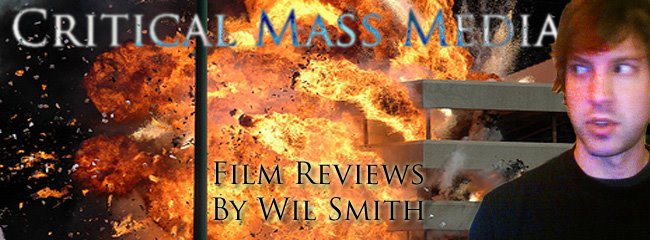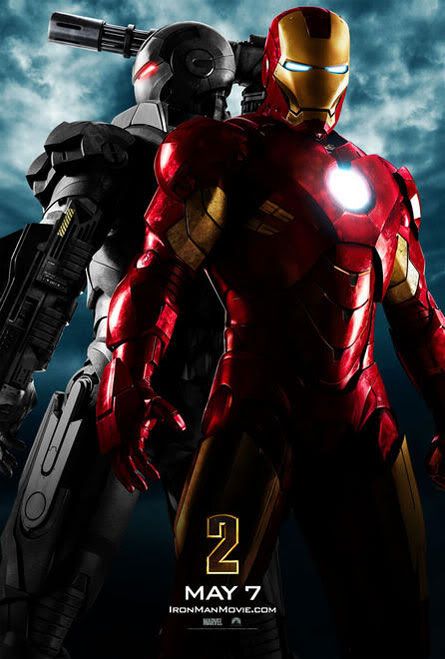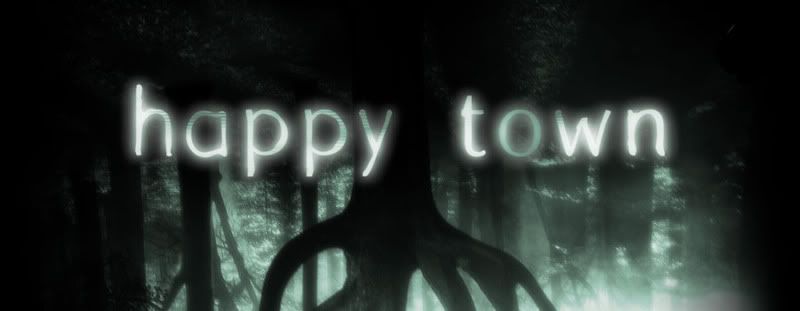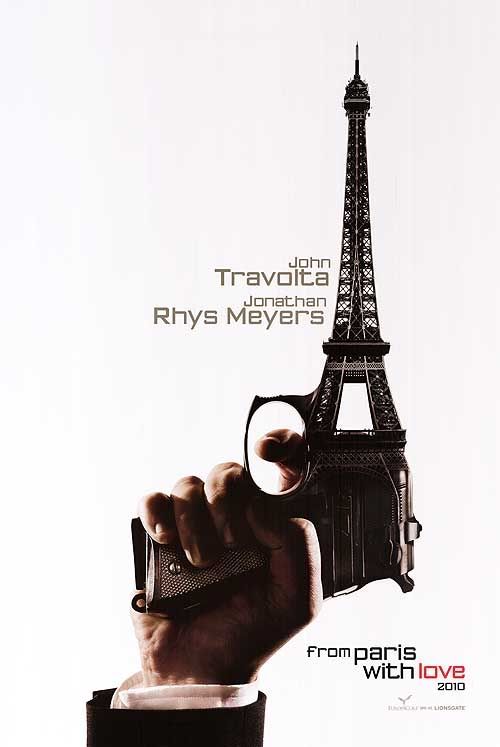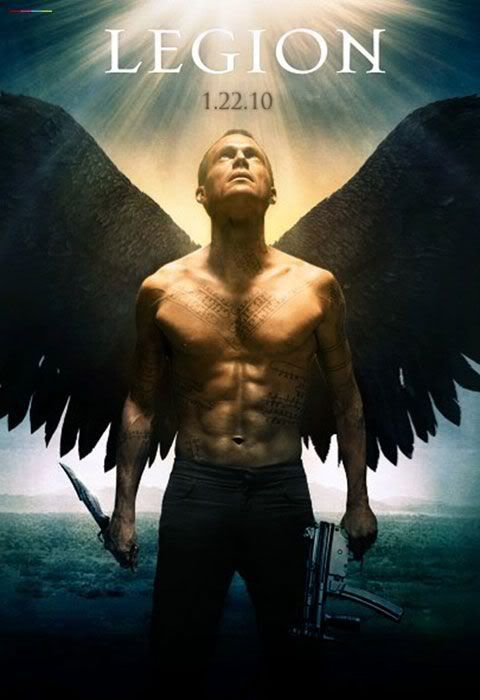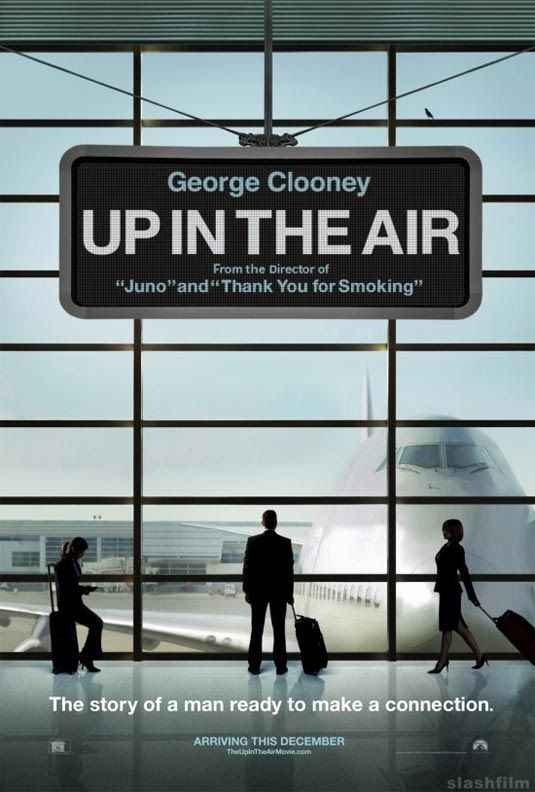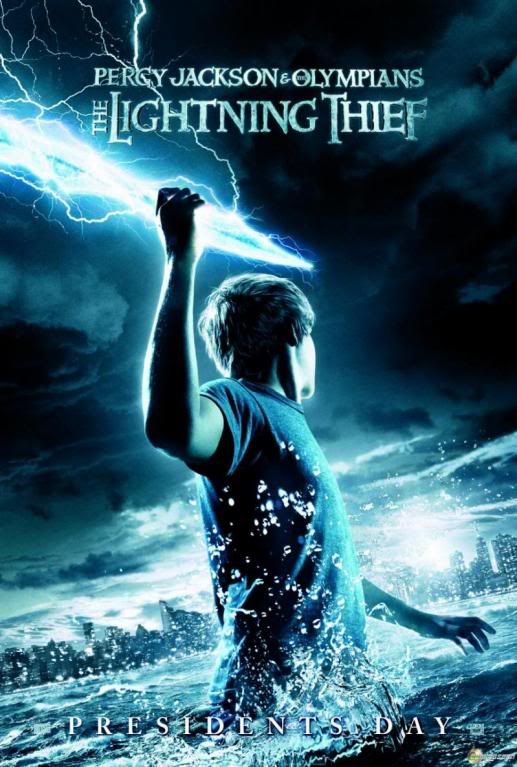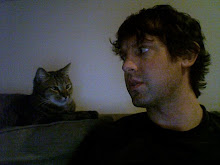
I'm not sure what the real subtitle for the new Shrek movie really is. Is it Forever After? Is it the Final Chapter? The inconsistency with the ad campaign is confusing enough, but when it comes down to it, Shrek 4 (of which I will be referring to it for this review) does not at all contain any semblance of finality.
Considering the success of the franchise, the sad true nature of a Shrek movie is that it's a one-and-done affair. Even in the good entries to the series (1 and 2, admittedly I've never seen 3, but word of mouth confirms my suspicions) slide off the brain almost immediately like water off a duck's back. There was nothing considerably memorable about the series as a whole and this is doubly true for Shrek 4. It's because of its forgettable nature that there can't really be a definitive "end" to this "series." Each one pretty much wraps itself up before the ending montage (which usually features a modern cover of a "classic" tune while all the characters dance and act happy) the only thing defining each film is the threat to Shrek's supposed comfort zone.
Though, this time around they've gone the extra step to create a sort of pre-existing dilemma for Shrek, Fiona, Donkey and whoever else is a major player in this franchise at this point, but again, this is just shoehorned into the story for "closure" effect. Apparently, around the time Shrek was rescuing Fiona from the Tower (see: Shrek 1, actually don't...) her troubled parents went to see the Goblin/Trickster Rumpelstiltskin to garner a deal to free their daughter from her curse without having to be troubled with finding a hero to do so. The deal was almost penned when Shrek saved the day and the contract was no longer needed. Fastforward to after the 3rd installment (where I believe they have babies??) and Shrek is bored with his family life and wishes to be the formidable ogre he once was, though with that lovable green mug and Mike Meyers Irish accent this concept is still as foreign as it was when we were introduced almost 10 years ago... Long intro, short, Shrek pens a deal with a now homeless Rumpelstiltskin which erases the day Shrek was born and gives way to an alternate reality where everything kind of sucks and "Rumpel" (as he's called by everyone) is King of Far Far Away.
There is a modicum of cleverness about Shrek 4, namely the disparity between Far Far Aways and the explanation to why everyone knows Rumpelstiltskin's name (if you're not familiar with the fairy tale, your parents have failed.) However, most of the reason why Shrek 4 fails on so many levels is the feeble and stumbling attempts at comedy. There didn't seem to be a single successful joke throughout the entire film, the only scenes that evoked even a mild chuckle had already been played out in the trailers and TV spots. This may also be due to the fact that Eddie Murphy isn't anywhere near funny anymore and Donkey might just be the most annoying animated character this side of Stewie Griffin.
Even the pop-culture references seem uninspired and relatively dated. When the most recent thing for the Pied Piper to belt out is the flute riff from "Sure Shot" (the Beastie Boys single from their 1994 record "Ill Communication") you'll be lucky if any of the parents remember the tune, let alone the children that no doubt dragged them there.
Such is the nature of the beast (ogre in this case) that it will make millions upon millions of dollars during its theater run (mostly thanks to inflated 3D prices) and sell more than a handful of DVDs when the time comes, but like all three of its predecessors, will fade from memory as if it never even happened. I'm going to call bullshit now and there WILL be another chapter on the horizon (my tentative title, Shrek's 5th of Vodka, which will be required to endure it) but if Shrek Forever After/The Final Chapter truely IS the swan song for the franchise, we really are living in a fairy tale.

